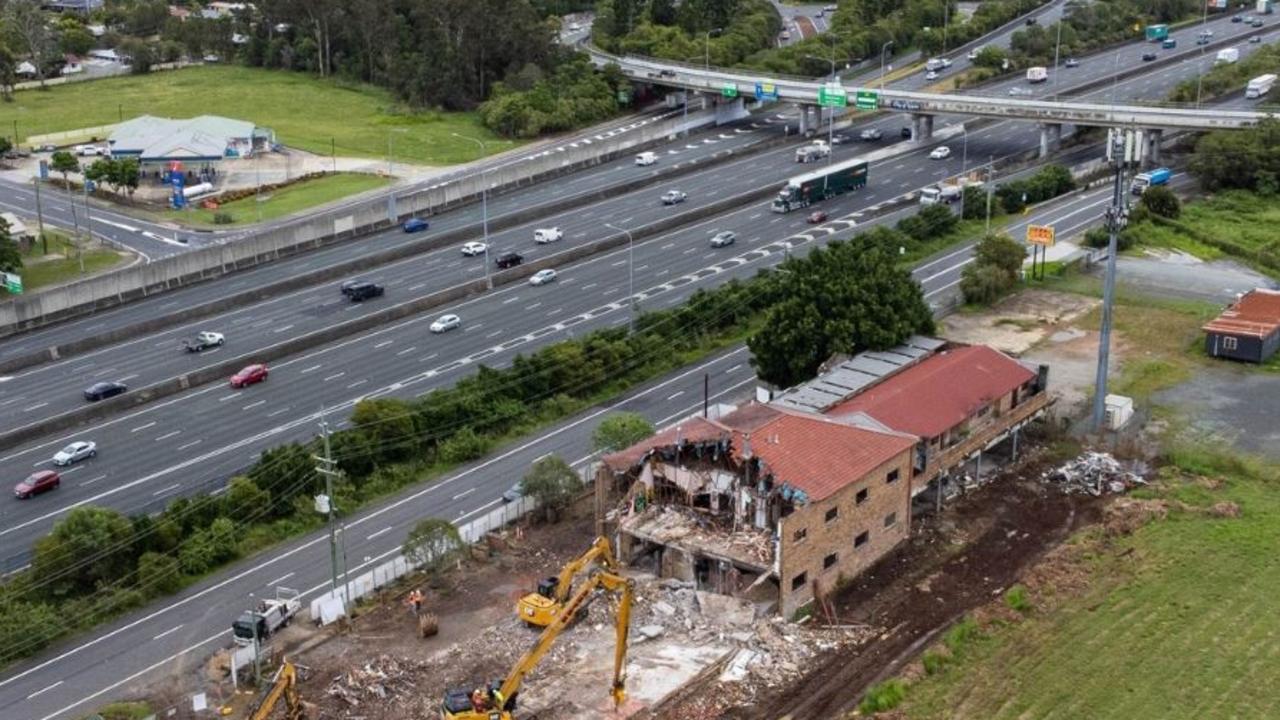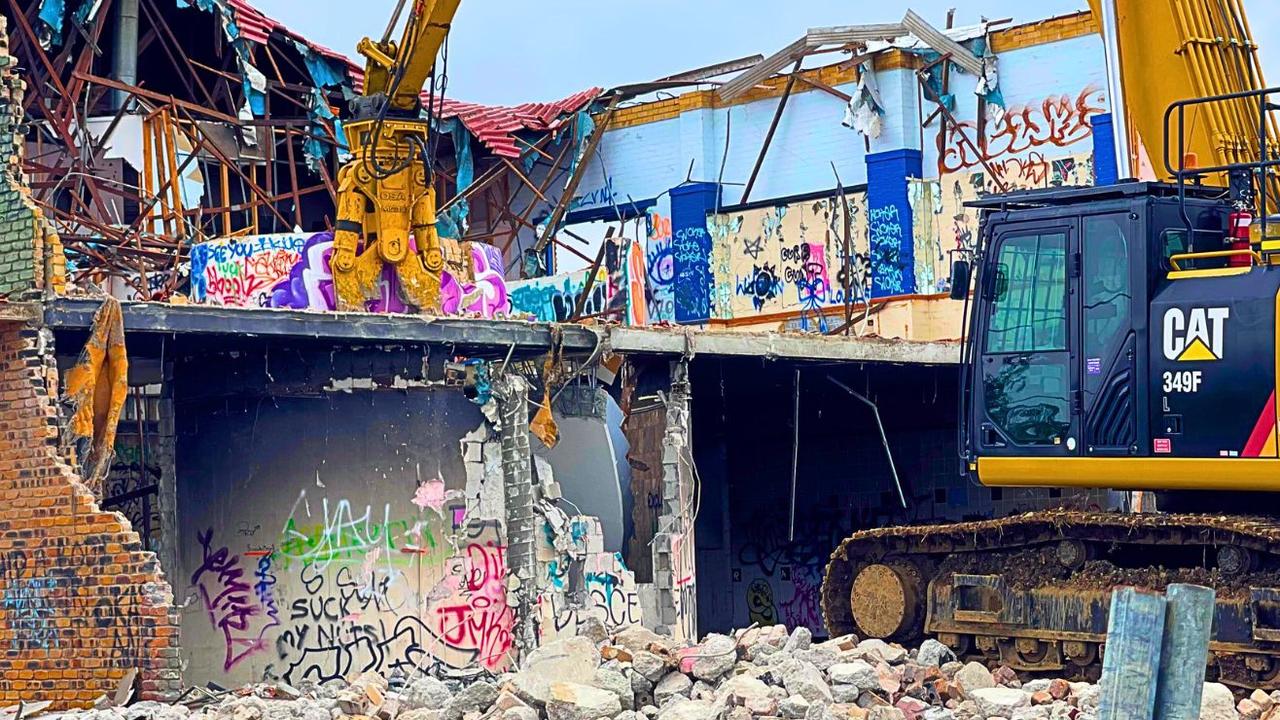New state-of-the-art $20m RSPCA wildlife hospital for Brisbane
The RSPCA will move to the bayside after Redland City Council signed a deal to lease it land for a state-of-the-art $20 million wildlife hospital.
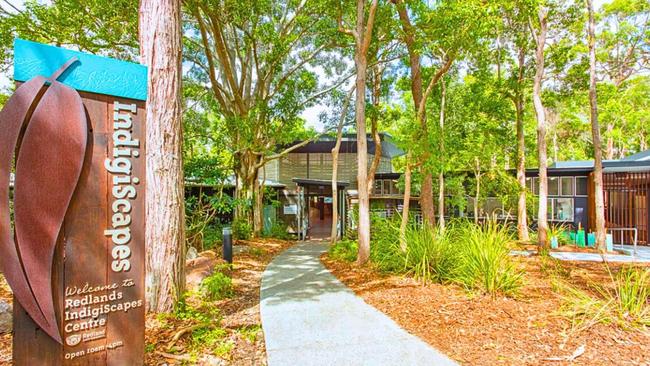
Logan
Don't miss out on the headlines from Logan. Followed categories will be added to My News.
A $20 million wildlife hospital, designed to take the pressure off the RSPCA’s facility at Wacol, will be granted a lease over council land at Capalaba.
Redland City Council has earmarked the 1ha site, which is next to the council’s IndigiScapes regional eco-tourism and environmental education facility at Capalaba.
The council will also spend $6.3 million on the venture, which the federal government has backed to the tune of $5 million along with private funding and RSPCA investment.
RSPCA Queensland supporters have already pledged generous philanthropic gifts towards the hospital build, contributing $3 million.
Redland endorsed an in-principle lease agreement for approximately one hectare of land at 377-385 Redland Bay Rd, to RSPCA Queensland in November after extensive planning and advocacy by the RSPCA, which identified the site as ideal for their new facility.
The lease establishes a state-of-the-art Wildlife Hospital, including veterinary wards, surgical suites and outdoor enclosures.
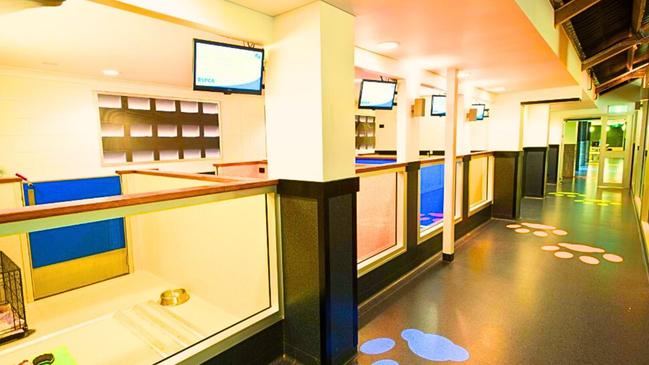
It will also feature educational spaces such as an auditorium and training rooms designed to enhance public awareness and engagement.
The development aligns with broader plans for the Redlands Coast Eco Precinct, which spans the land at Redland Bay Road and the adjacent 17 Runnymede Rd, currently housing the IndigiScapes Centre.
The integration of the facilities will create a wildlife destination and multifunctional precinct which will promote environmental conservation, community education, and recreational use.
Preliminary technical plans show pedestrian walkways, cycleways, and additional carparking estimated to cost the council around $4.4 million with $1.9 million to upgrade outdoor spaces including playgrounds.
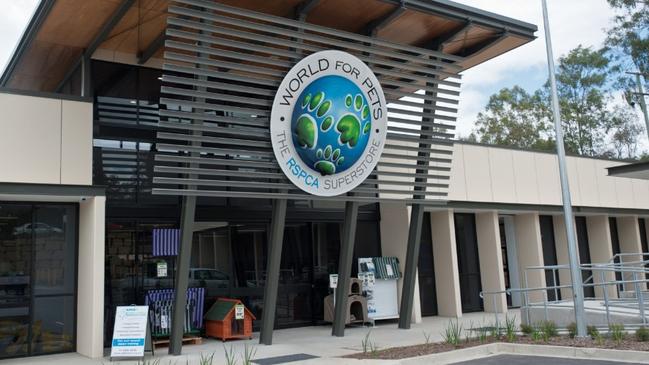
RSPCA Queensland has already progressed with concept designs for the Wildlife Hospital, focusing on creating an educational experience.
The planned facility will include triage, treatment, rehabilitation, and release stages of wildlife care, while allowing the public to engage with wildlife by integrating the hospital with existing and future facilities.
RSPCA Queensland is actively seeking additional support from the State Government to secure full funding from all three levels of government.
The current RSPCA Wildlife Hospital at Wacol was built to cater for 5000 wildlife patients and in its first year of operation, in 2012, cared for 8359 patients.
More than a decade later, RSPCA Queensland administers medical treatment and rehabilitation to more than 25,000 native animals a year, which equates to a 400 per cent overcapacity.
More Coverage
Originally published as New state-of-the-art $20m RSPCA wildlife hospital for Brisbane




